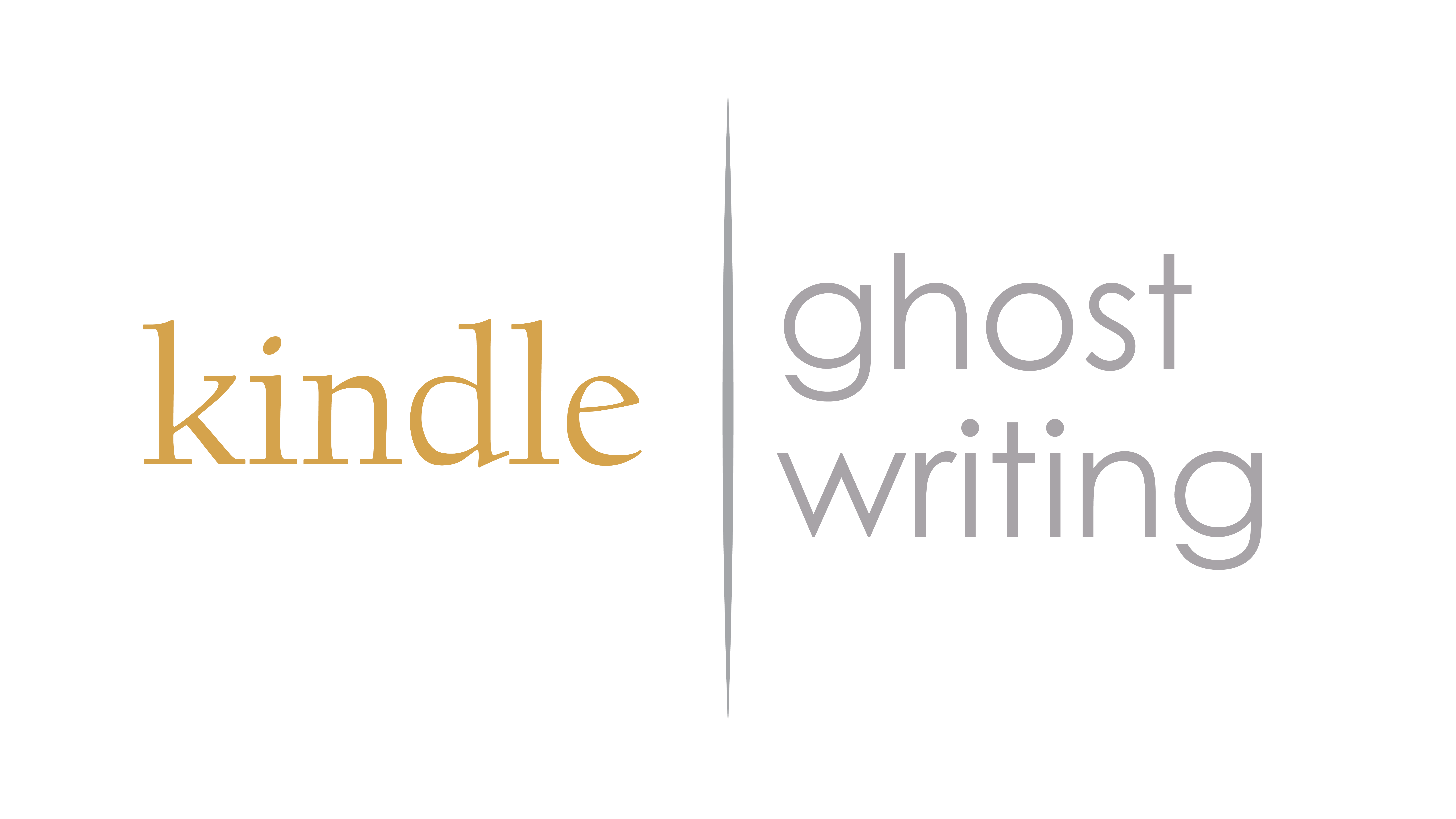If you love playing with words, making stories shine, and helping writers improve their work, you might be interested in becoming a book editor. It’s all about turning written words into something amazing.
So, how do you get started on this cool career?
Becoming a book editor requires a combination of education, experience, and specific skills. This guide provides an overview of the different types of book editors and outlines the steps you can take if you’re interested in pursuing this career path. However, before we get into that, it’s important to understand what an editor actually does.
A Peek into the Life of a Book Editor
A book editor is like a literary coach, partnering with authors to polish their work until it shines. They carefully read manuscripts, providing feedback and suggestions to enhance the writing style, tone, grammar, and overall structure. Think of them as the guardians of quality storytelling, helping authors refine their ideas and communicate them effectively to readers. Whether it’s smoothing out rough sentences or rearranging chapters for better flow, editors use their keen eye for detail to ensure every word counts. Behind every book, unsung heroes work tirelessly to ensure its full potential before it hits the shelves.
How many Types Of Book Editors?
-
Copy Editors
Using appropriate visuals and graphics can enhance the message conveyed by the written content. It is important to ensure that these visuals align with the overall tone and purpose of the content and are visually appealing and easily digestible for the reader. A clear and effective message can be conveyed to the audience by paying close attention to these aspects of writing.
-
Developmental Editors
Developmental editors assess the overall structure of book projects. They may collaborate with authors at early stages, offering support in choosing topics, organizing content, and providing market insights. Additionally, they may aid in outlining works and conducting research.
-
Line Editors
Line editors examine manuscripts focusing on clarity and logical development. They evaluate how well authors communicate with their intended audience, identifying areas for improvement in organization and argumentation. When necessary, they flag contradictions or other issues for authors to address and may create style sheets to guide the final formatting of the book.
-
Proofreaders
Proofreaders play an important role in ensuring that written content meets high standards of accuracy and readability. They are responsible for identifying and correcting errors in grammar, spelling, and formatting and for ensuring that typesetting standards are met.
Your Roadmap to Becoming a Book Editor
Becoming a book editor requires being a well-versed reader and an able writer. Here are the steps for gaining the education and work experience that you likely need to be a book editor:
-
Educational Foundation
To become a book editor, start by getting a degree in English, journalism, or a related field. These programs teach you important skills like writing and editing. You can also gain experience by joining your school’s newspaper or literary magazine or internships with publishing companies.
-
Copy Editing Courses/ Training Courses
Consider taking online courses to learn more about editing. Organizations like the American Copy Editing Society offer training to help you understand what editors do and how to work with clients. Getting certified in editing can make you more attractive to employers and boost your candidacy for freelance or salaried positions. Research book editing software and other computer programs you could benefit from learning.
-
Develop your portfolio
Build up a portfolio of your work by editing smaller pieces, like articles or essays. You can volunteer to edit for nonprofit organizations or create your own website to showcase your skills. This will help you stand out when you apply for jobs.
-
Seeking Entry-Level Positions
Look for entry-level positions as an editorial assistant. These jobs are like apprenticeships, where you’ll learn from experienced editors and get hands-on experience in the publishing process. You might have to start at the bottom, but it’s a great way to get your foot in the door.
-
Specializing Your Path
As you gain experience, think about what type of books you want to edit. Whether it’s cookbooks, children’s books, or fiction, try to work on projects that interest you. This will help you specialize and eventually advance to a full editor position.
Tips For Becoming A Successful Book Editor:
-
Broaden Your Reading Horizons
Expand beyond personal preferences. Stay informed about market trends and successful titles across different genres. Publishers highly value editors with a comprehensive understanding of the industry.
-
Improve Your Writing Skills
Regular writing practice enhances your editing abilities. To refine your craft, engage in copywriting tasks or join writing communities such as blogs or online forums. Consistent writing sharpens your capacity to identify errors and propose improvements.
-
Leverage Online Networking
Utilize social media platforms and online forums dedicated to your professional interests. Actively participate to glean insights from peers and uncover potential work opportunities or avenues for skill enhancement.
-
Cultivate In-Person Connections
Attend industry conferences and conventions to build meaningful relationships. Carry business cards featuring links to your online portfolio to showcase your expertise and attract potential clients or employers. In-person networking is key to unlocking various opportunities within the publishing realm.
Wrap Up
Becoming a book editor requires a solid foundation, practical experience, and continuous skill development. You can confidently navigate this exciting career path by broadening your reading horizons, improving your writing skills, leveraging online networking, and cultivating in-person connections. Remember, each step brings you closer to the fulfilling role of shaping stories and ensuring their brilliance shines forth to captivate readers worldwide.

